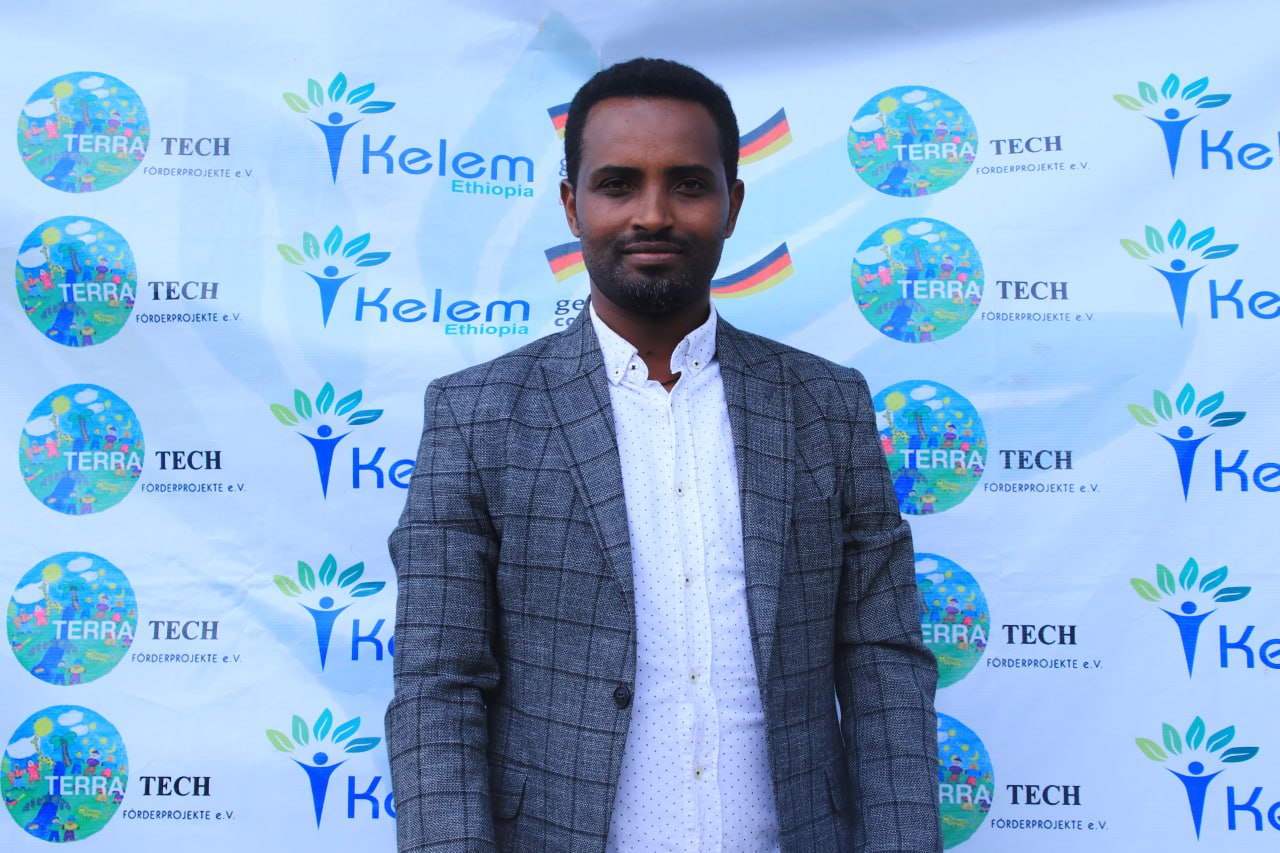Myram Hussein is 13 years old and lives in the Afar region. She is a displaced girl due to internal conflict. She shoulders the responsibility of taking care of her younger brothers. In a recent cash distribution event, she was asked about her interest in joining school, and she said, “My parents passed away, and I have no one to support me and my siblings. In this situation, I could not leave my brothers alone. So I don’t have an interest in going to school.”
Like Myram, a lot of children are out of school in Ethiopia for several factors, such as lack of infrastructure, internal conflict and instability, poverty, and loss of parents.
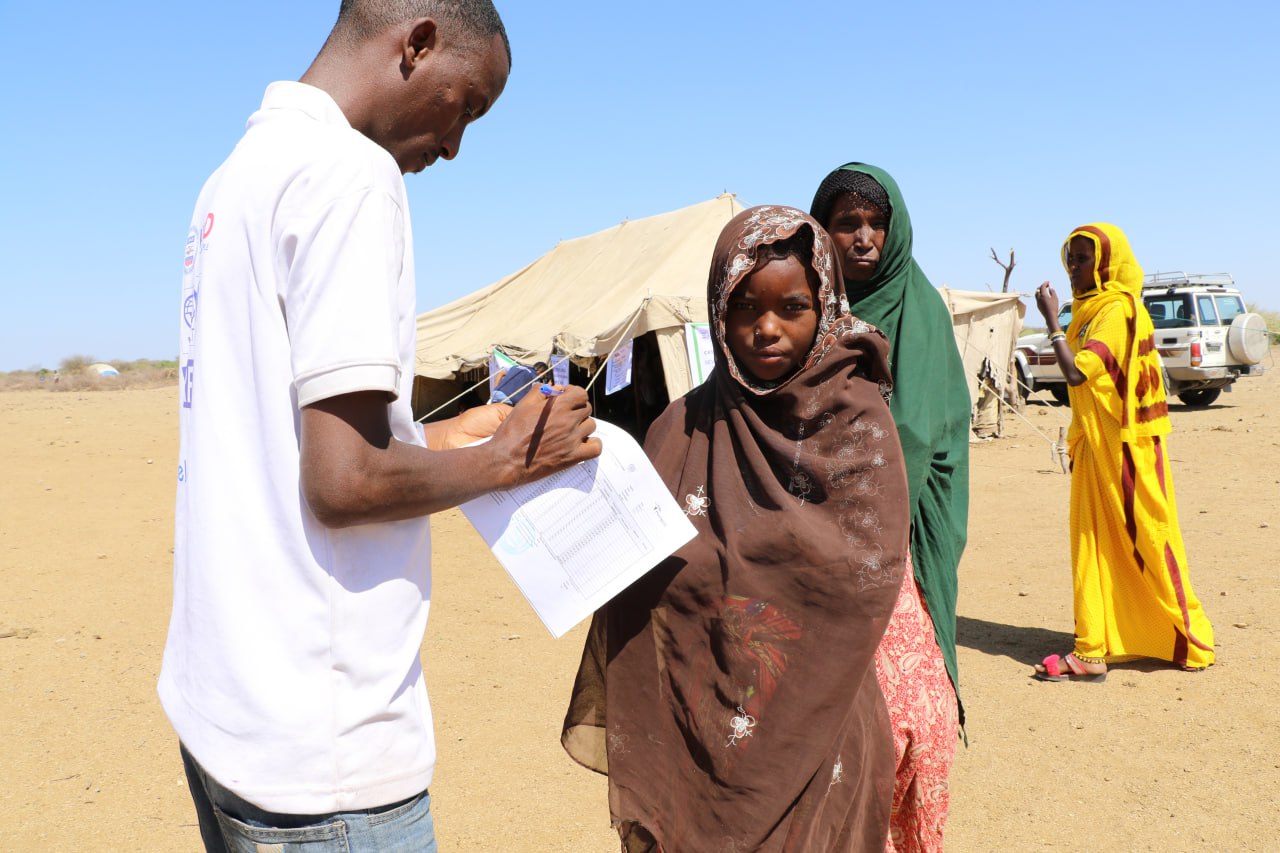
On this year’s World Literacy Day, we would like to reiterate the urgent appeal of children’s rights to get an education and meet the interests of many children like Myram. We also would like to emphasize the need for collective efforts to provide quality education for those who need it but are deprived of their rights due to several factors.
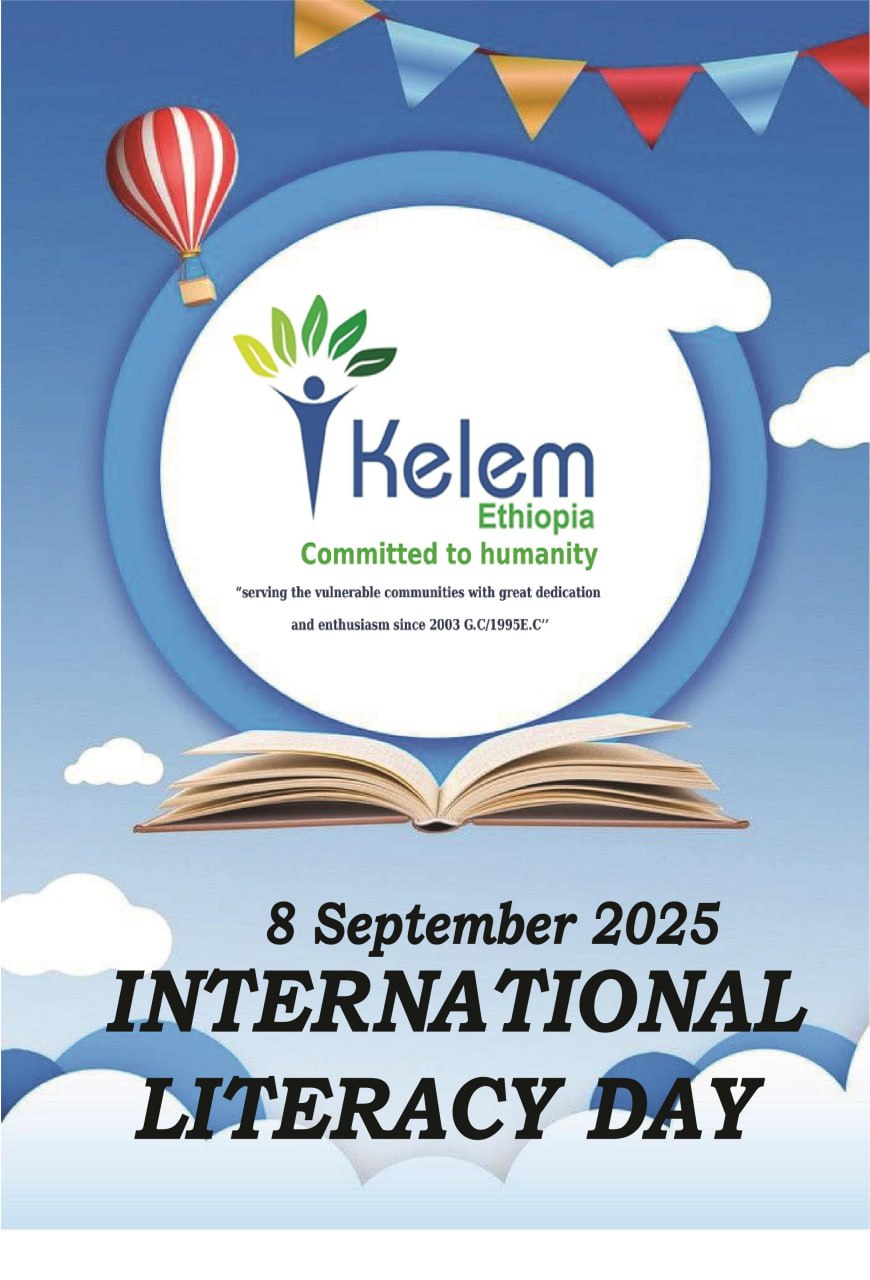
Kelem Ethiopia confirms its long-standing commitment to advancing education and literacy across the country. As its name suggests, “Kelem” in Amharic means “ink,” metaphorically referring to literacy, the first tool to fight illiteracy. Our organization has made this name its mission for more than two decades and has been relentlessly contributing to quality education.
Throughout its journey, Kelem has focused on reaching poor and economically disadvantaged communities, particularly in the Afar, Amhara, and Oromia regions. By expanding access to quality education in these underserved areas, the organization continues to empower children and youth with the knowledge and skills they need to build a brighter future.
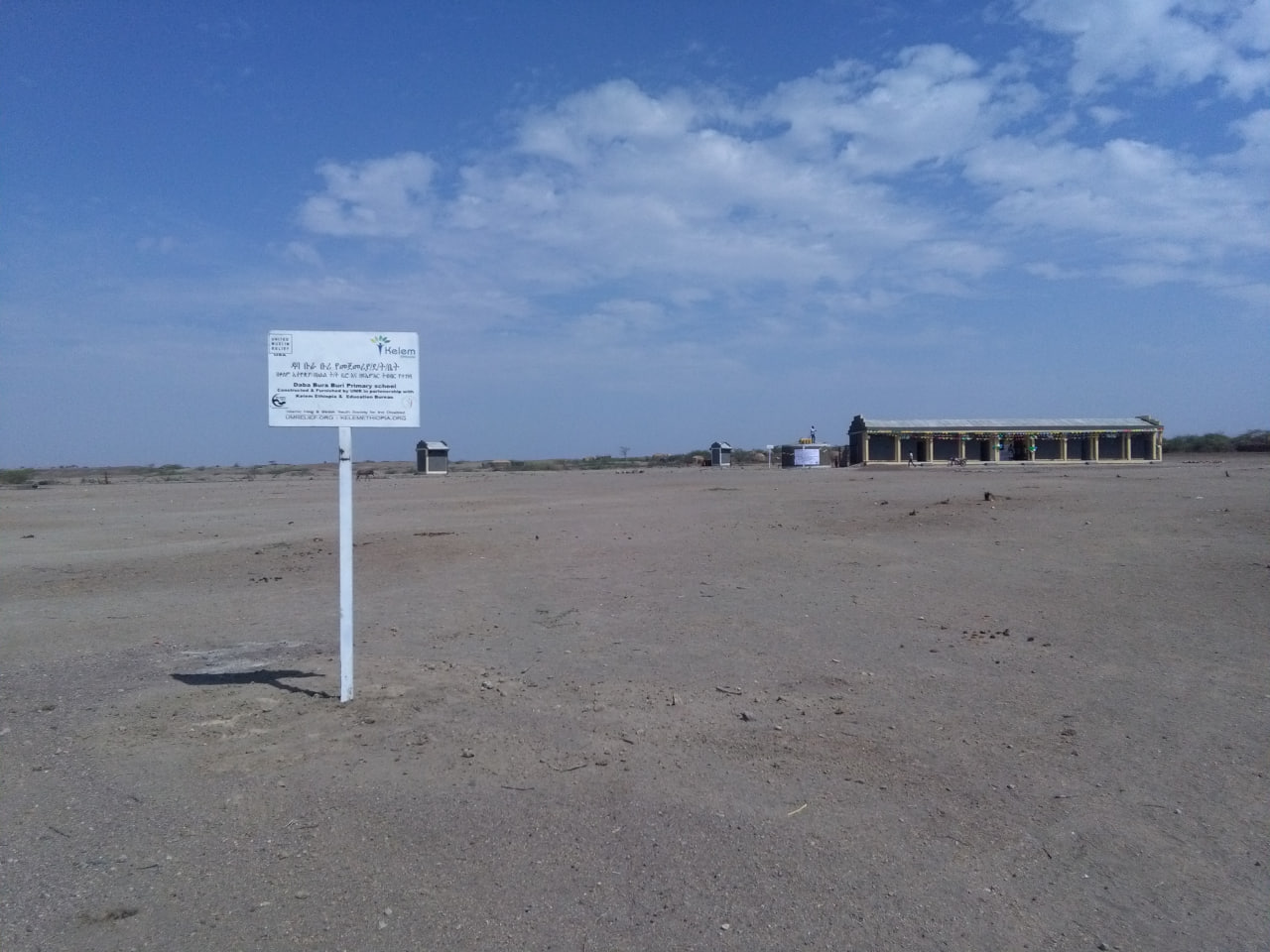
Over the past two decades, Kelem has established (including construction, equipping, and furnishing of) more than 68 primary schools for children, and Alternative Basic Education (ABE) centers to reach those who are unable to attend formal education and address those whose lifestyle is mobile. Besides, new schools in remote and hard-to-reach areas, Kelem also intervened and supported more than 100 schools with quality and accessibility improvement packages that range from school facilities expansion and improvement to students, teachers, and school leaders’ training. The special women-only education program enables elderly women to read and write properly, especially in Afar region. In that regard, our Women Literacy Program (WLP) under our Integrated Adult Literacy (IFAL) program implemented in Afar region helped hundreds of Afar women to be able to read, write equipped with basic numeracy skills. Although many adult Ethiopians remain illiterate, adult literacy programs are underfunded, yet they are vital.
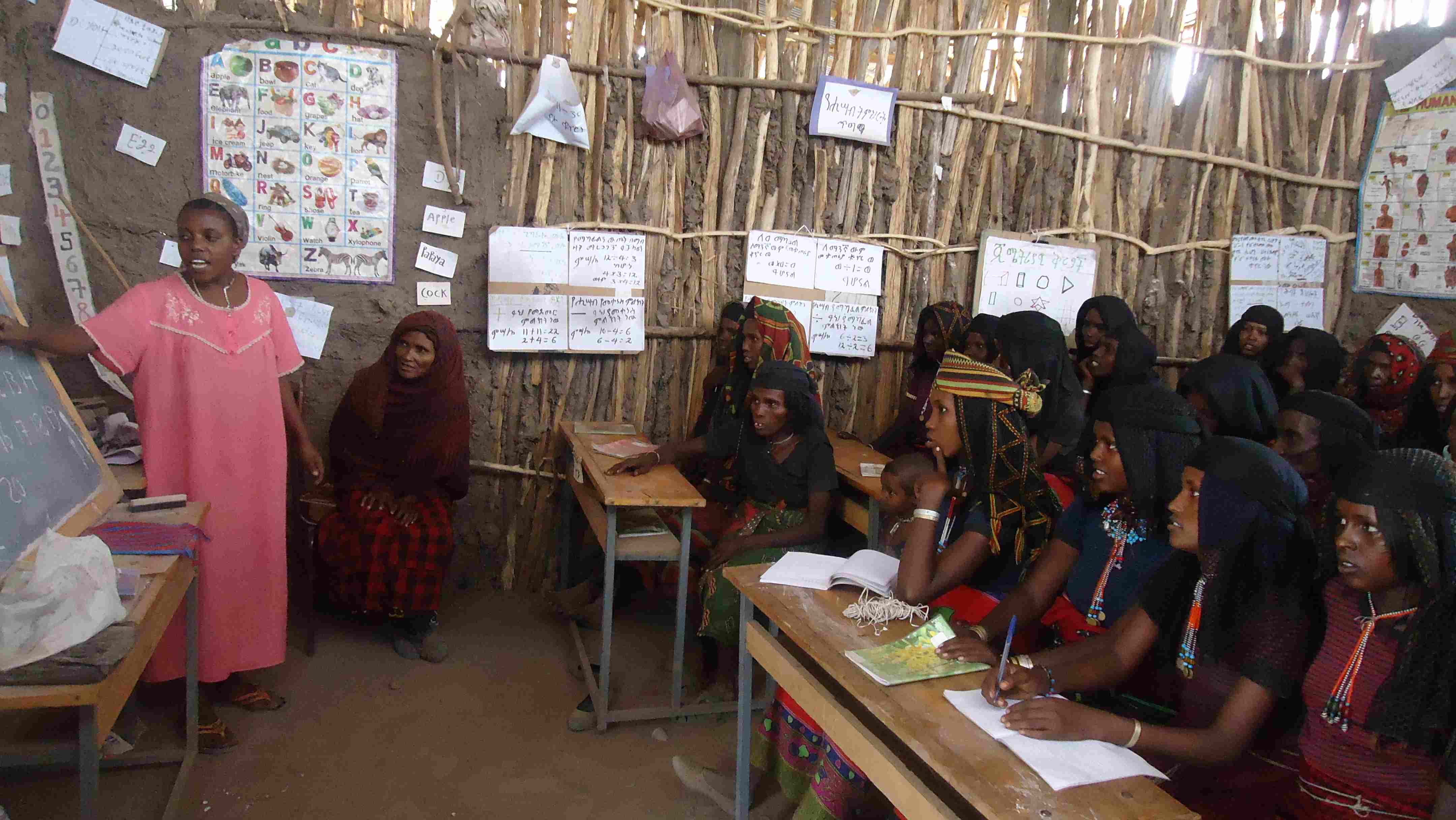
While working on the ABE, we are also strengthening over 40 primary and secondary schools through the provision of educational resources, capacitating teachers in pedagogical and management training, and providing ongoing support to strengthen school clubs. The first generation of students who began their educational journey through Kelem’s school establishment initiatives have successfully graduated from universities and joined the workforce, becoming role models for future learners in their communities.
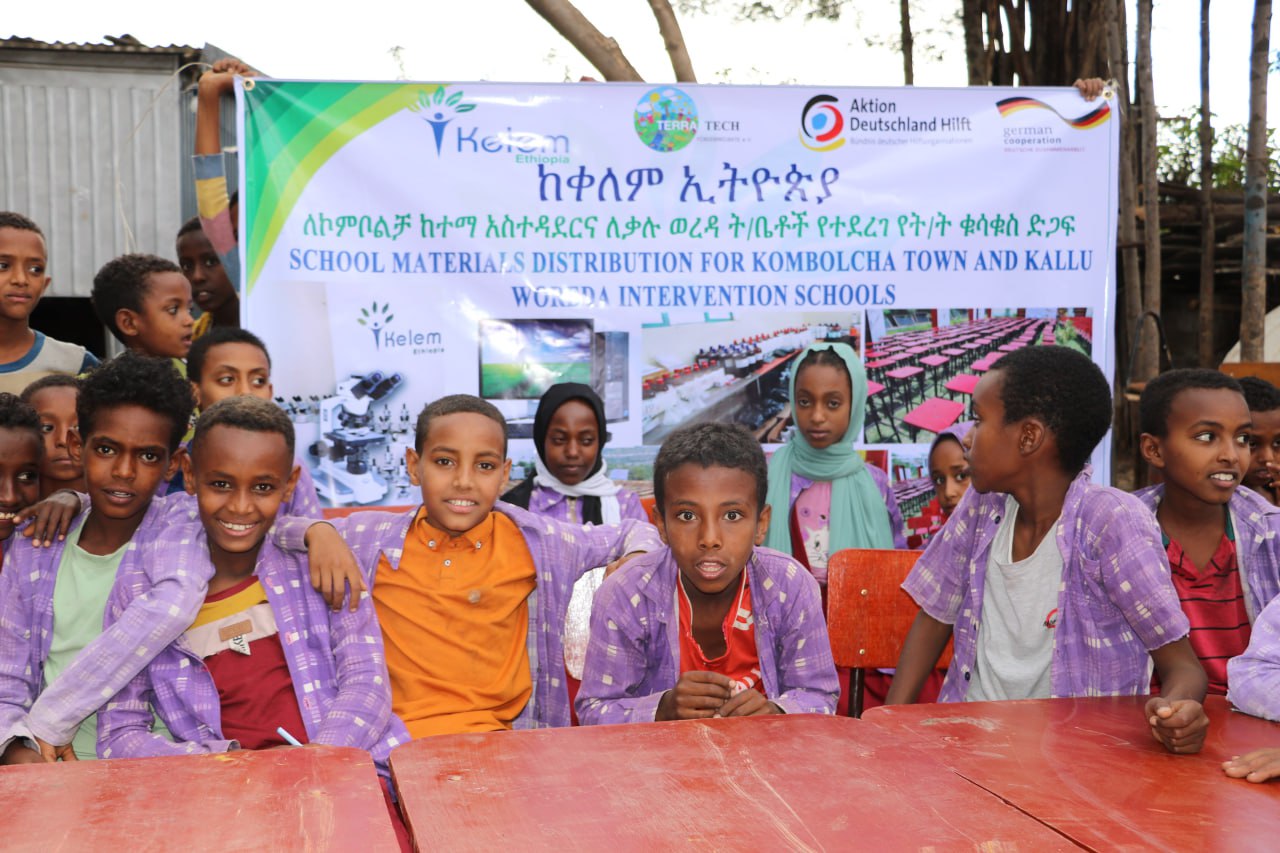
Currently, Kelem is implementing a €787,042 (Around ETB 131 million birr) project in Kombolcha city and Kalu woreda of the Amhara region, to improve educational quality and student performance.
This program directly benefits 35,685 students, 900 teachers, and education officers, and indirectly supports over 408,000 people. Alongside formal education, Kelem is also investing in vocational training for more than 1000 youths in Kombolcha, equipping them with practical skills in diverse fields to enhance employability and self-reliance. In this, most of the youths started their job or were hired or secured job opportunities in different places.
In line with this year’s theme, “Promoting Literacy in the Digital Era,” Kelem is taking significant steps to integrate technology into the teaching-learning process. In line with this, the organization has established a digital library corner at each target secondary school in Kombolcha and Kalu woredas of the Amhara region after supplying the schools with essential computers and IT equipment to 12 high schools, along with required science laboratory resources. These investments aim to foster digital learning, hands-on learning, improve science education, and advance digital literacy, thereby preparing students to thrive in an increasingly technology-driven world.
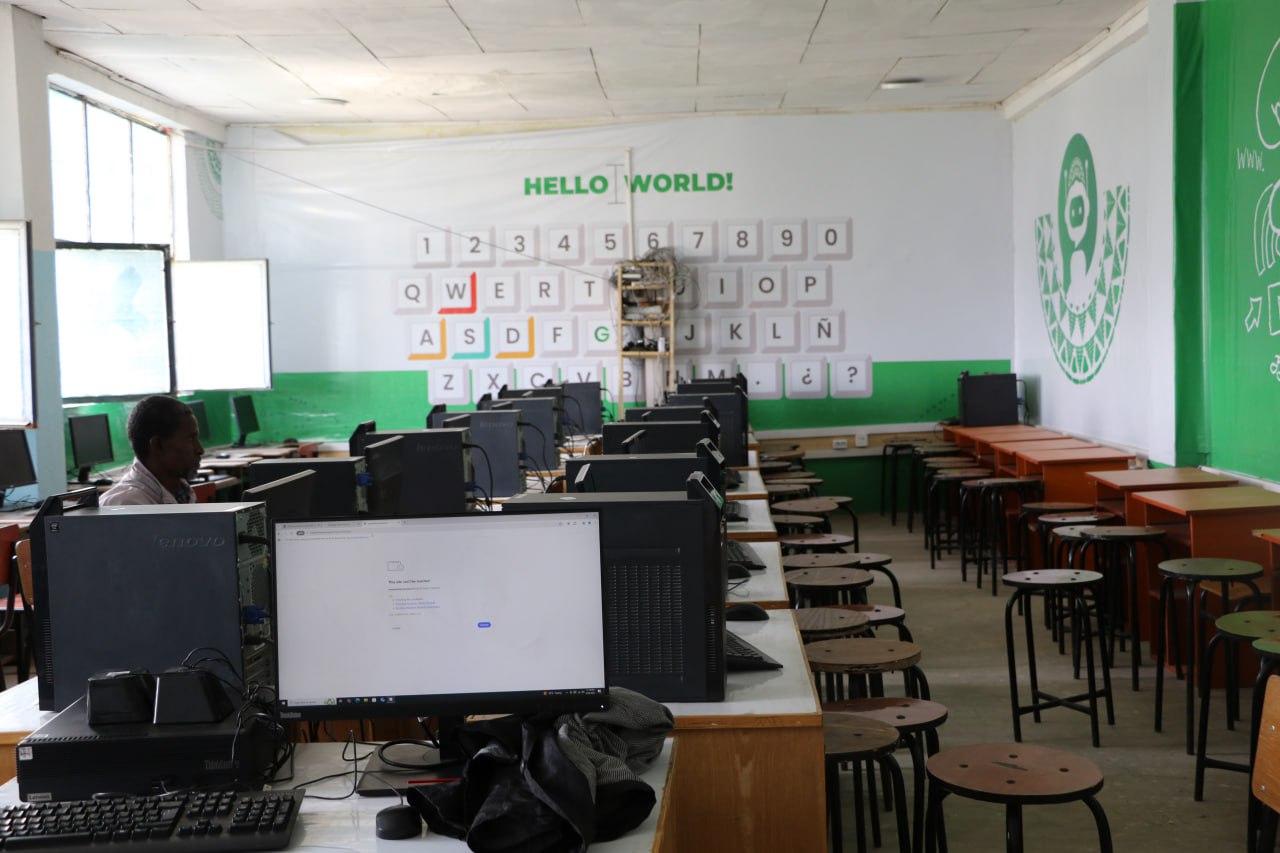
While we are promoting literacy in this digital era, we still realize the fact that many children in rural areas have little or no access to digital learning tools, libraries, or the internet. And hence, special heed is needed to avail such services across the country.
Kelem Ethiopia’s celebration of World Literacy Day highlights not only its achievements in expanding educational access but also its vision for the future where literacy and digital skills go hand in hand in shaping empowered, knowledgeable, and capable generations.
Meeting the unmet desire of young Myram is a question for others, too. Working on education is not only about making people read and write. Rather, investing in literacy is building the future and contributing to poverty reduction, health, and resilience across the country.
Author –
Hassina Ousman
Hena Zenebe


